

Published Date : 2024-Jul-18
In recent years, the integration of technology with human biology has moved from the realm of science fiction to reality. One of the most exciting and rapidly evolving areas is the market for wearable brain devices. These innovative gadgets are designed to monitor, enhance, and interface with our brain activity, offering potential benefits ranging from improved mental health to augmented cognitive abilities. Let’s delve into the fascinating world of wearable brain devices and see how they are poised to revolutionize our lives. Intellectual Market Insights Research
Several companies are at the forefront of the wearable brain devices market, here are some key players: NeuroSky, Neurolief, Emotiv, mBrainTrain, Brain Products GmbH, OpenBCI And More.
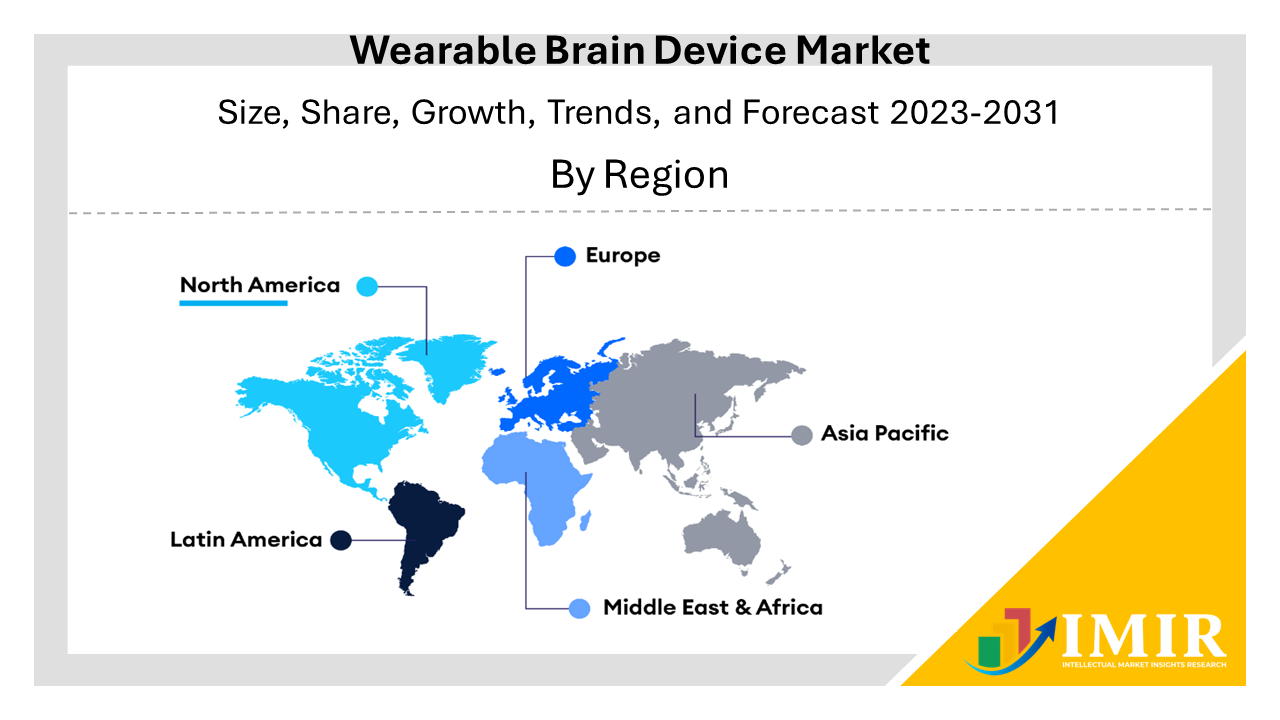
Wearable Brain Device Market Size, Share, Growth, Trends, and Forecast 2023-2031 - By Channel Type, Application, End-user, Application, Region: (North America, Europe, Asia Pacific, Latin America and Middle East and Africa).
The market for Wearable Brain Devices was valued at approximately US$ 314.21 Million in 2023. Over the course of the forecast period (2024–2031), the market is expected to develop at a compound annual growth rate (CAGR) of 12.33%, reaching a value of US$ 722.7 Million by 2031 according to a new report by Intellectual Market Insights Research.
Get Insights: https://www.intellectualmarketinsights.com/report/wearable-brain-devices-market-research-current-trends-and-growth/imi-005282
Wearable brain devices, also known as brain-computer interfaces (BCIs), are technologies that allow for direct communication between the brain and an external device. They typically involve sensors that measure brain activity through electroencephalography (EEG) or other neuroimaging methods. These devices can then interpret the brain's electrical signals and translate them into commands or feedback for various applications.
The future of wearable brain devices looks promising, with ongoing advancements in technology and neuroscience driving innovation. As these devices become more sophisticated and accessible, their impact on various aspects of our lives is likely to grow. From improving mental health and cognitive function to transforming entertainment and education, wearable brain devices are set to play a significant role in the tech landscape of the future.
Wearable brain devices are becoming more and more innovative due to ongoing breakthroughs in neurotechnology, including brain-computer interface (BCI) technology, EEG sensors, and neurostimulation techniques. More portable, reasonably priced, and easily operated devices that can track and adjust brain activity in real time are the outcome of these developments. Miniature EEG sensors enable non-invasive brainwave monitoring, while neurostimulation devices offer therapeutic interventions for conditions including depression and chronic pain. These technical advances improve the accuracy, effectiveness, and accessibility of wearable brain devices while also expanding their potential uses.
The need for cognitive health solutions is being driven by the aging of individuals, the rise in neurological illnesses, and our expanding understanding of mental health. Wearable brain technologies provide personalized brain health monitoring & optimization along with early neurological problem detection, diagnosis, & intervention opportunities. These gadgets are being incorporated by medical professionals into clinical procedures for neurorehabilitation, cognitive evaluation, and therapy efficacy tracking. Additionally, customers are looking for brain-enhancing technologies for performance optimization, stress reduction, and meditation, which is fueling the wellness sector's growth. In general, wearable brain gadgets are becoming more and more popular due to the growing need for solutions related to cognitive health.
The market for wearable brain devices is growing because to its increasing number of wellness and healthcare applications. In many different medical specialties, these gadgets are being used more and more for neurological surveillance, diagnosis, and therapeutic interventions. For example, neurostimulation devices provide non-invasive therapies for illnesses like depression, chronic pain, and limited movement, while wearable EEG monitoring are used to track brain activity and spot seizures in people with epilepsy. Furthermore, the fields of cognitive testing, neurological rehabilitation, & mental health monitoring are seeing an increase in the use of wearable brain sensors. Interest in brain-enhancement technologies for stress relief, meditation, cognitive improvement, and performance optimization is rising outside of the medical sector in the wellness sector. The aforementioned trend is a reflection of the growing awareness of wearable brain devices' potential to transform the management of brain health and improve general well-being, which is propelling their uptake and commercial expansion.
the combination of machine learning (ML) and artificial intelligence (AI) technology. Artificial intelligence (AI) algorithms examine brain signals gathered by wearable technology to find trends, spot anomalies, and offer individualized advice and solutions. AI-powered EEG analysis, for instance, can identify biomarkers linked to neurological conditions or cognitive loss, allowing for an early diagnosis and course of treatment. In order to improve therapy efficacy and results, ML algorithms can also adapt neurostimulation protocols based on unique patient responses. Furthermore, by enabling seamless brain-to-external device connection, AI-powered brain-computer interface (BCI) technologies create new possibilities for neuroproteins, assistive devices, and communication aids. The neurotechnology industry is seeing growth and innovation as a result of the incorporation of AI and ML capabilities into wearable brain devices, which improves their intelligence, functionality, and variety.
Strict regulatory regulations apply to wearable brain devices, which are frequently categorized as medical devices because of their usage in neurostimulation or brain activity monitoring. Strict requirements are set for safety, efficacy, and quality control by regulatory organizations like the European Medicines Agency (EMA) in Europe and the Food and Drug Administration (FDA) in the US. Extended approval times and significant financial commitments for manufacturers result from the intensive testing, documentation, and clinical studies required to comply with these rules. Market entry and product commercialization are made more difficult and uncertain by navigating the regulatory environment, especially for new technologies like brain-computer interfaces and neurostimulation instruments.
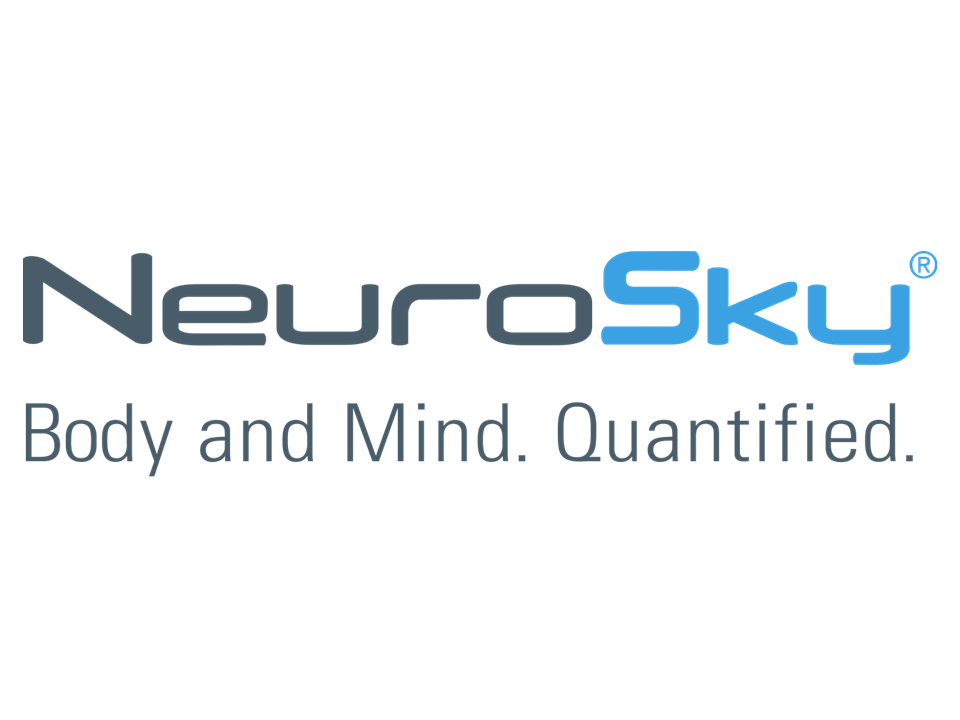
NeuroSky is a manufacturer of brain-computer interface (BCI) technologies for consumer product applications. The company adapts electroencephalography (EEG) and electromyography (EMG) technology to fit a consumer market within several fields such as entertainment, education and health.
The company was founded in 2004 in Silicon Valley, California.
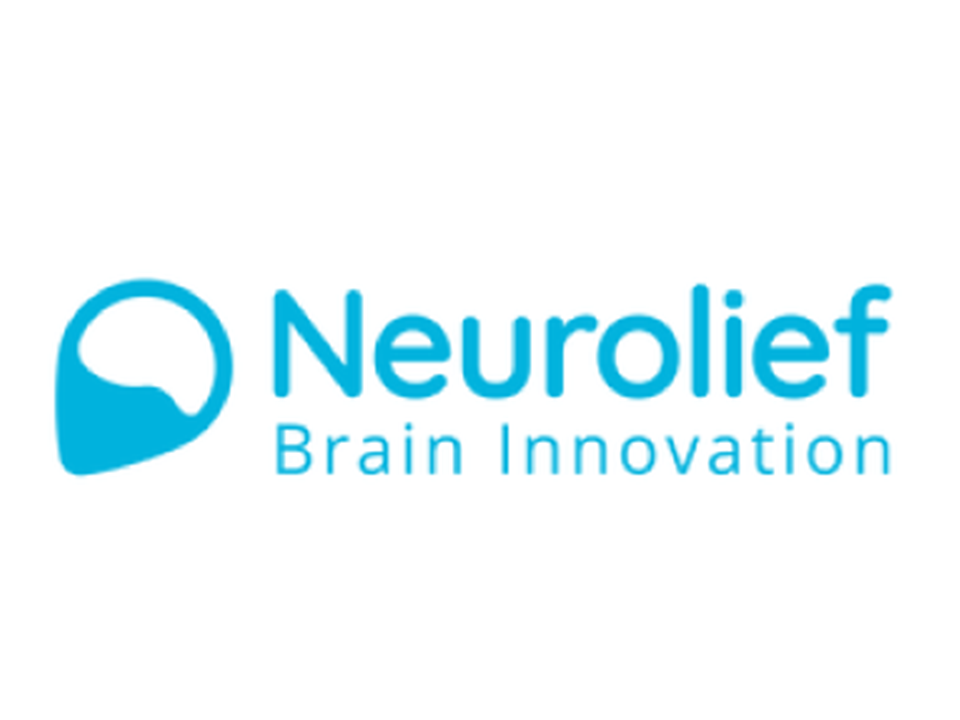
Neurolief is a neuromodulation company dedicated to bringing relief to patients suffering from mental health and neurological disorders. The company consists of highly experienced professionals with a proven track record in neuroscience, neuromodulation technology, and the neurotech industry.
Founded in 2014, the company is headquartered in Netanya, Israel.
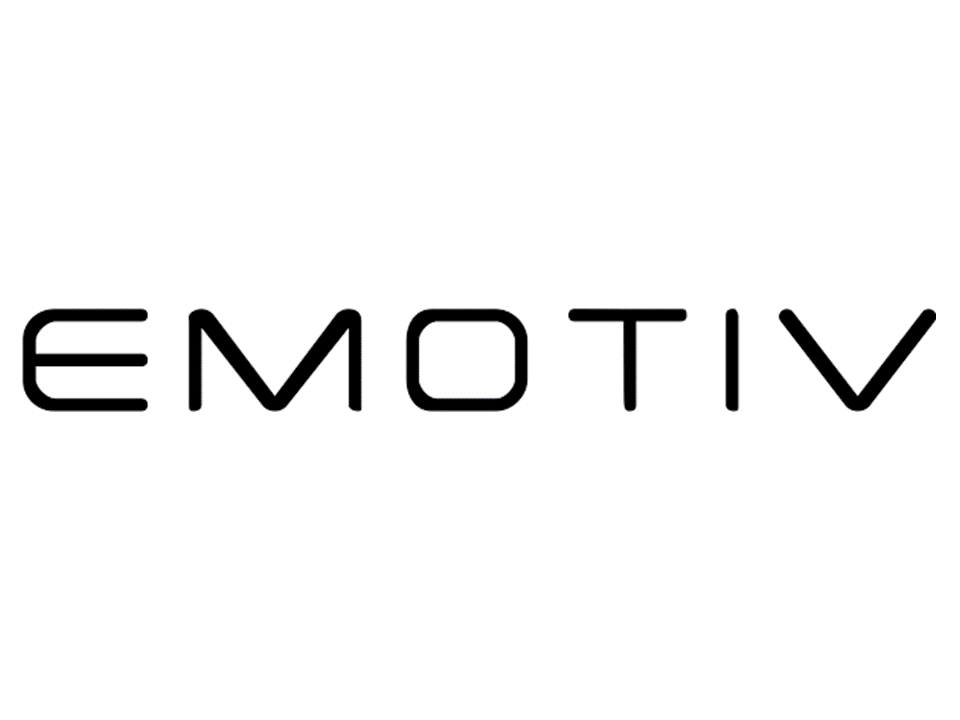
Emotiv is a privately held bioinformatics and technology company developing and manufacturing wearable electroencephalography (EEG) products including neuroheadsets, software development kits (SDK), software, mobile apps, and data products. Emotiv offers a range of EEG devices for both consumer and research purposes. Their products are widely used in various fields, from gaming to cognitive research.
Founded in 2011 by Tan Le and Geoff Mackellar, the company is headquartered in San Francisco, California, USA.
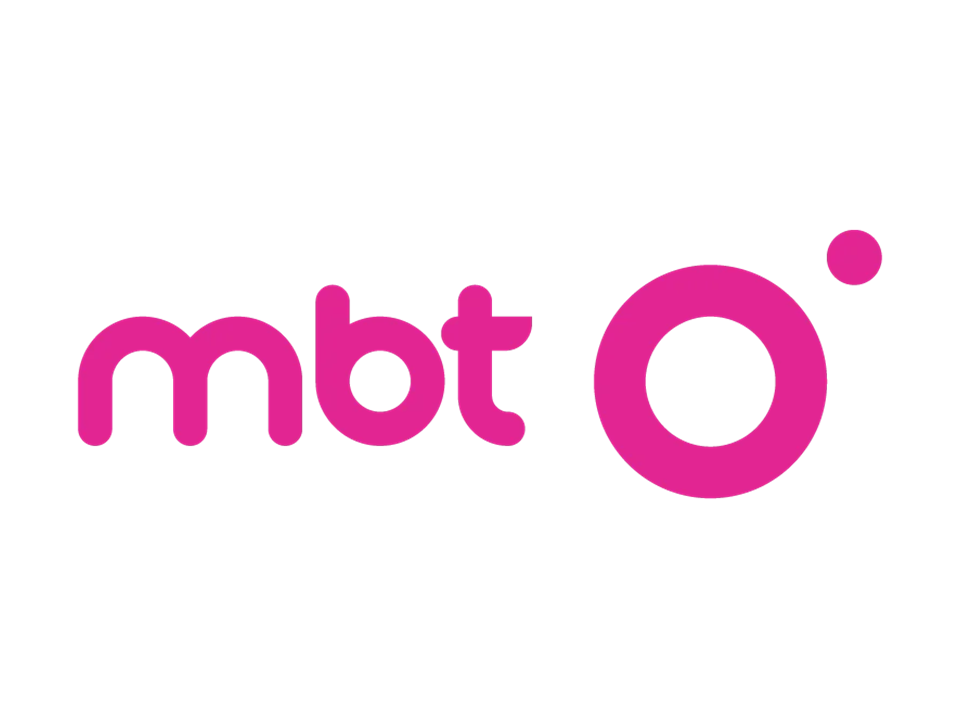
mBrainTrain is a mobile EEG company committed to bringing innovation in neuroscience. We are gathered around the vision of becoming the best brain technology company and inspiration to scientist to continuously move the boundaries of neuroscience.
Founded in 2012, the company is headquartered in Belgrade, Serbia.
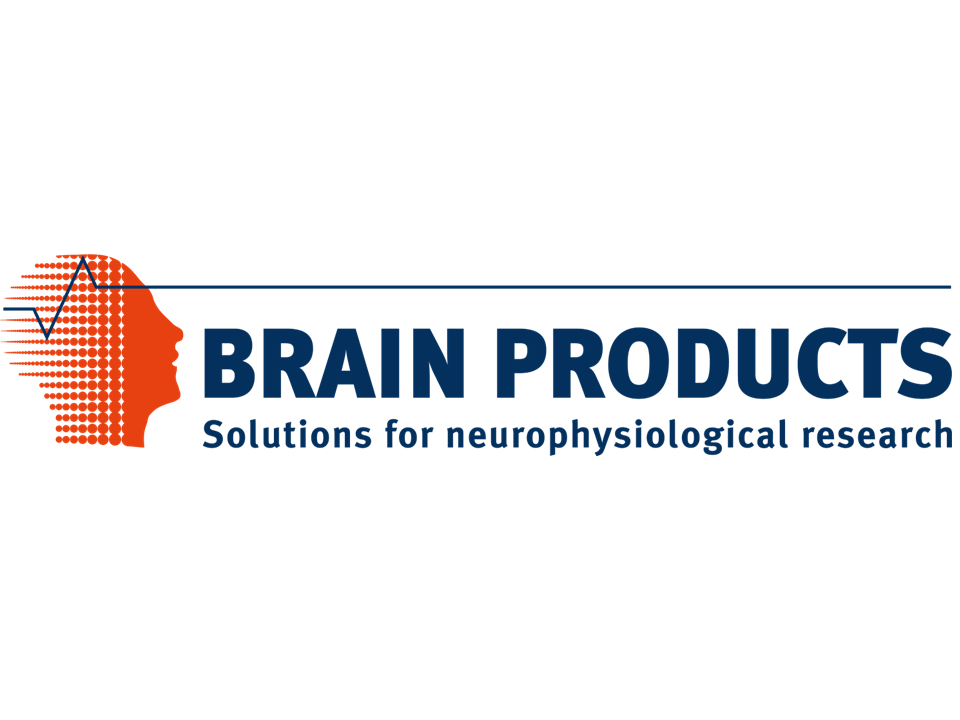
Brain Products is research and understanding of the human brain and nervous system company. The company makes tools for medical diagnosis and treatment through body or mind state interpretation and neurostimulation therapies, the assisted control of mechanical, electrical and digital devices or applications and the objective measurement of subjective experiences through mind/body state interpretation.
Founded in Germany around 1997, the company is headquartered in Gilching.
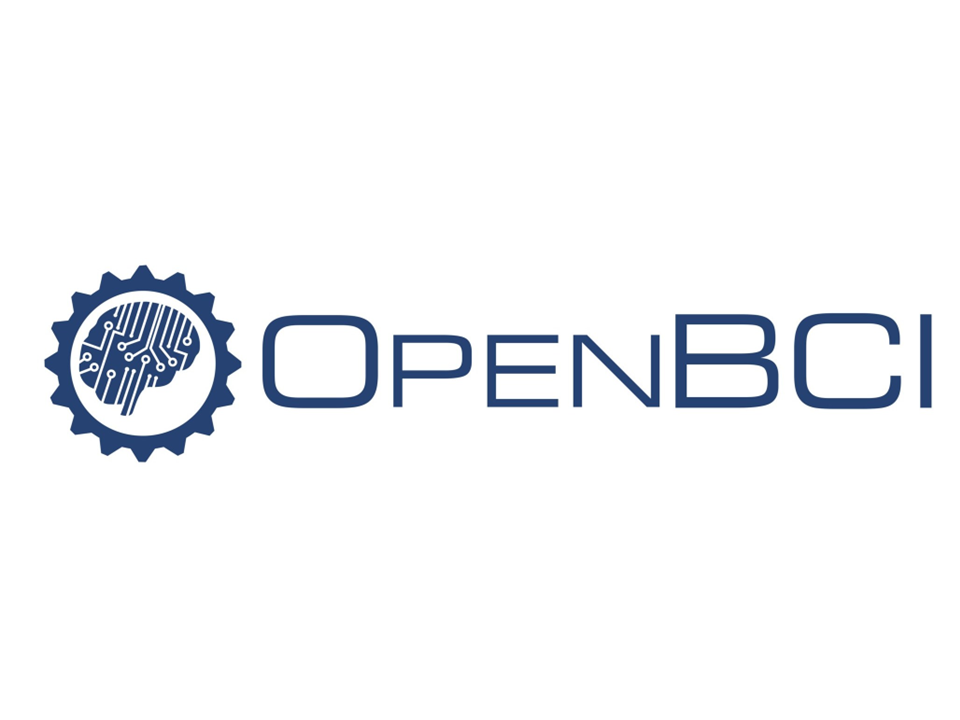
OpenBCI is an open-source brain–computer interface platform, created by Joel Murphy and Conor Russomanno, after a successful Kickstarter campaign. The company boards can be used to measure and record electrical activity produced by the brain (EEG), muscles (EMG), and heart (EKG), and is compatible with standard EEG electrodes. The OpenBCI boards can be used with the open source OpenBCI GUI, or they can be integrated with other open-source EEG signal processing tools.
Founded in 2014, the company is headquartered in Brooklyn, New York.
Intellectual Market Insights Research is a global market intelligence and consulting organization that provides syndicated research reports, customized research reports, and consulting services. We are known for our actionable insights and authentic reports in various domains including, Semiconductor, Aerospace, Automation, Agriculture, Food & Beverages, Automotive, Chemicals and Materials, and virtually all domains and an exhaustive list of sub-domains under the sun. We create value for clients through our highly reliable and accurate reports.
IMIR has the distinguished objective of providing the optimal quality research and granular research to clients. Our market research studies by products, services, technologies, applications, end users, and market players for global, regional, and country level market segments, enable our clients to see more, know more, and do more, which help answer your most important questions.
Mr. Smit Patel
Phone: +1 (814) 487 8486
Email: smit@intellectualmarketinsights.com
Corporate Sales: sales@intellectualmarketinsights.com